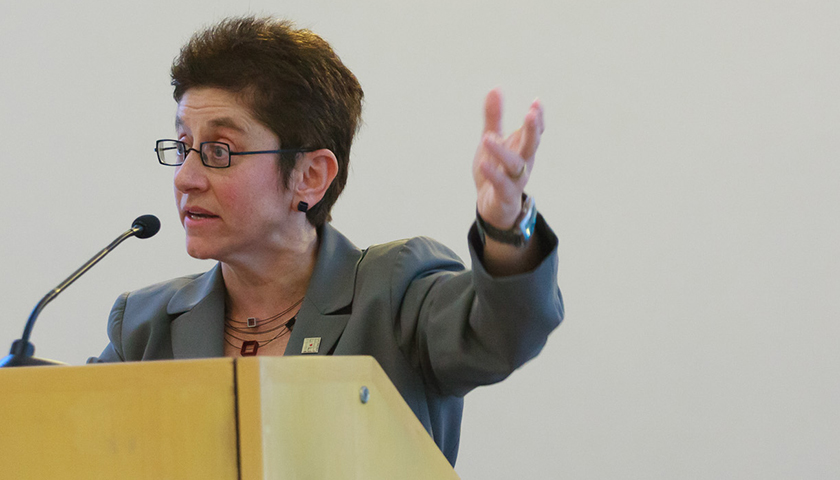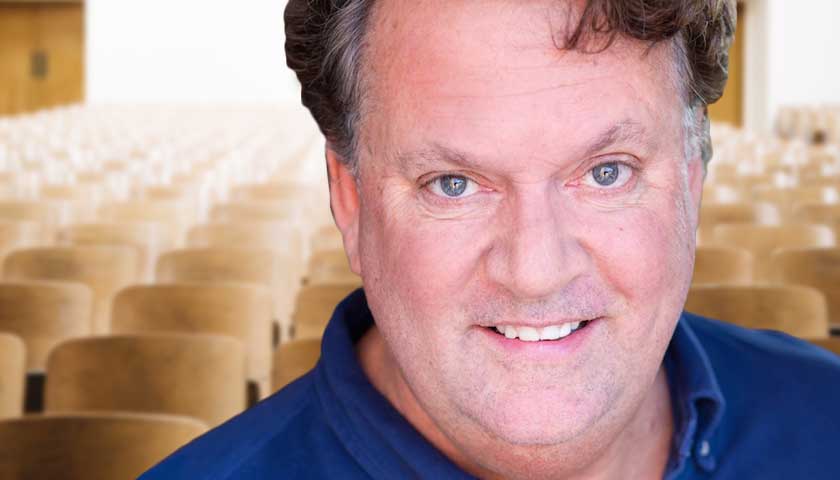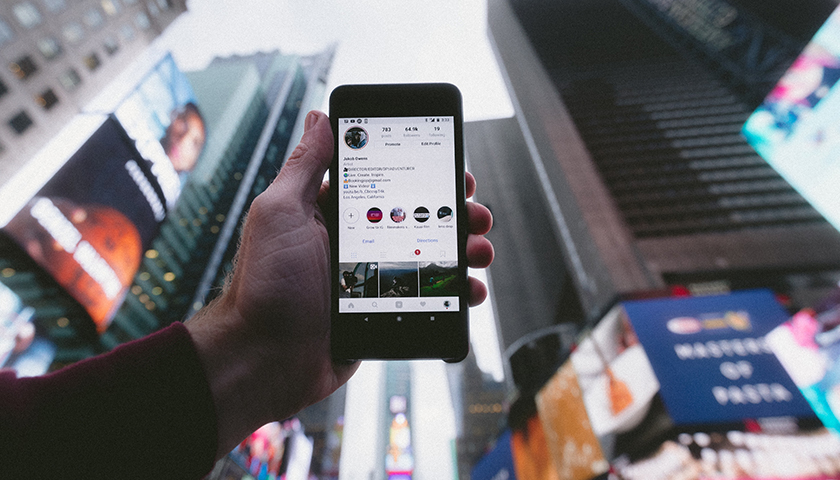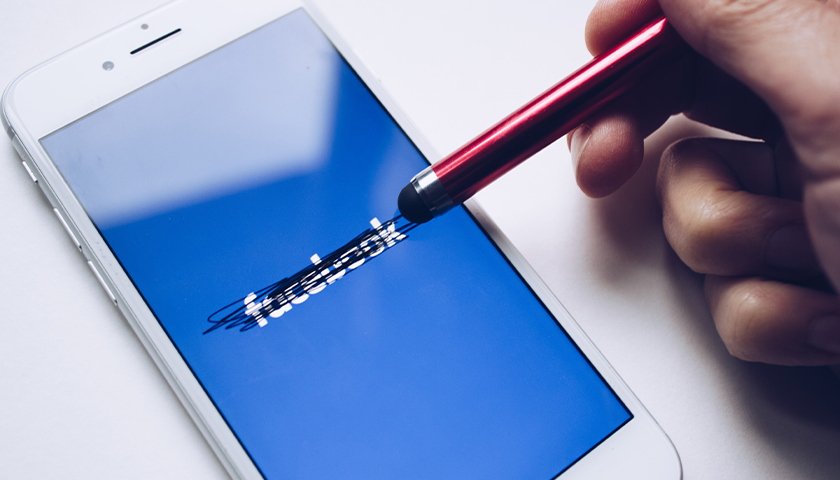This year, for the first time since graduation some two decades ago, I did not donate to either of my alma maters. Like many of you, I have become disillusioned with the illiberalism on many college campuses and could no longer support them with an annual gift. While higher education has historically tipped to the political left, the gap has widened in recent decades. Analyzing data on faculty ideological leanings, the American Enterprise Institute reported that “in less than 30 years the ratio of liberal identifying faculty to conservative faculty had more than doubled to 5.”
At Harvard, where I attended graduate school, the faculty political imbalance is particularly striking. According to a 2021 survey by The Harvard Crimson, the college newspaper, out of 236 faculty replies only 7 people said they are “somewhat” or “very conservative,” while 183 respondents indicated that they are “somewhat” or “very liberal.” A similar problem plagues my undergraduate college, Bowdoin.
The absence of my meager donations won’t matter to the colleges I attended, each of which has billions of dollars in endowment money. But big alumni donors at some leading universities are using their influence to improve free thought and inquiry on college campuses.
Read More









